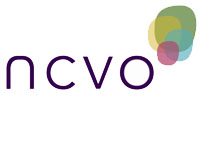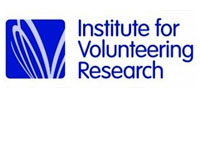Posted on March 18th, 2011 by Pathways through Participation in Archived related news
Tagged as: Big Society, motivations, power
Post a comment
The Third Sector Research Centre (TSRC) has released a new research report on the role that small community groups can play in delivering the ‘Big Society’. Some of the key findings of the report confirm some of the emerging findings from the Pathways project, as presented in the document Strengthening participation: learning from participants we produced last November.
The report highlights that if community groups are to be involved, policies to engage people in community action need to be informed by a more sophisticated understanding of how and why community organisations operate. It notes that people primarily take part in community action for very personal reasons rather than from a sense of civic duty, and questions whether this can be co-opted to deliver particular policy objectives. Voluntary action for many is about social needs, ‘fun’, doing something different to the ‘day job’ or taking action about something that directly affects them.
The report also finds that there were major concerns among organisations involved in this activity that the Big Society agenda would create greater inequalities, by favouring communities with the resources to engage. The research identifies a need for policy to be informed by a much stronger analysis of power relations within and between communities and the state. Where government has been successful at directly motivating people to act, anger has also played a major role as the anti-Iraq war demonstrations or the more recent demonstrations against increased tuition fees show.
A 4-page summary of the report is available here.


 ShareThis
ShareThis Subscribe to our project updates
Subscribe to our project updates

